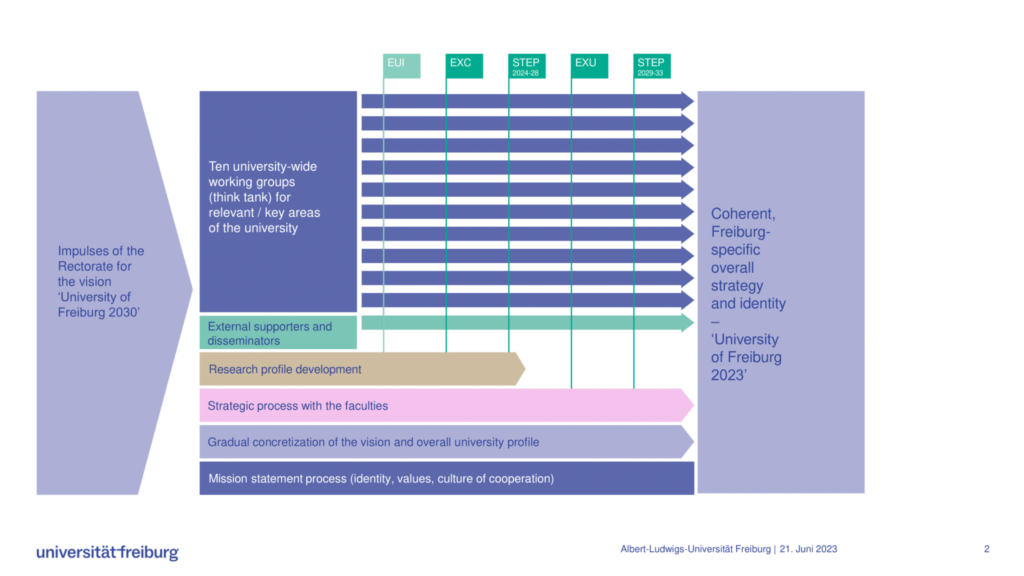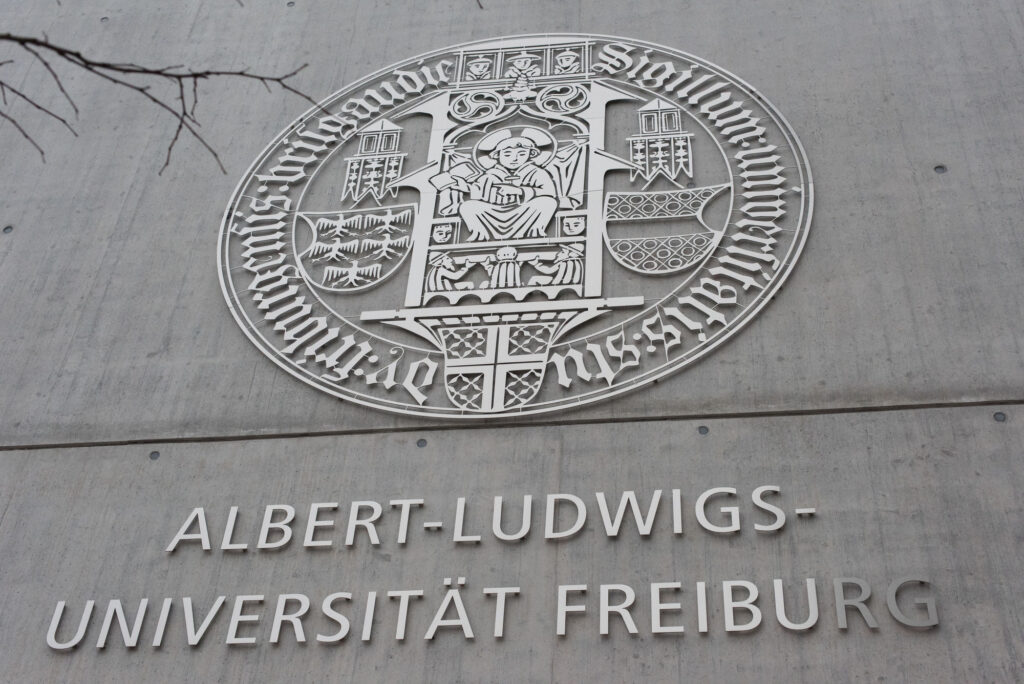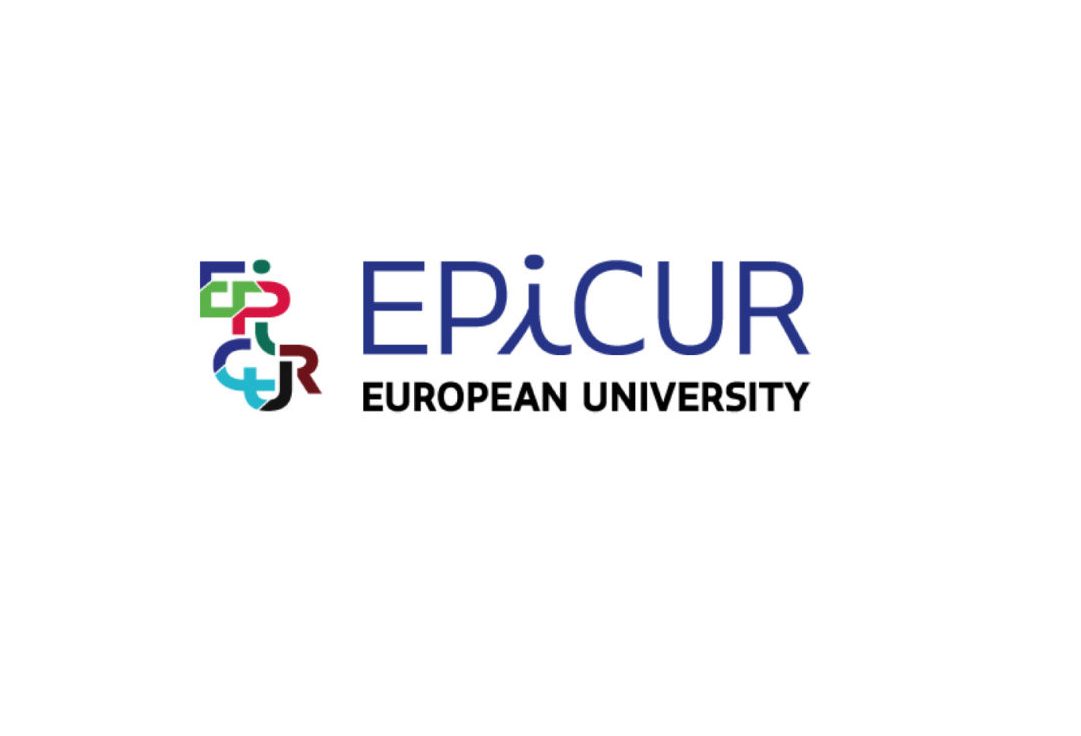Overall Strategy of the University of Freiburg
The latest from the overall strategic process

Strategic Process with an Integrated Approach
The main focus of the strategic process is the joint development of a coherent overall strategy. Strategic milestones, such as the Excellence Strategy of the federal and state governments, serve as anchoring points on the path to the overarching goal of shaping the university as a place of renewal and sustainability for future research, learning, and exchange with society.


The sub-processes are at the same time important milestones and reflections of the overall strategy – whether it’s the mission statement process or the further development of the university’s research profile, whether it’s the ‘European Universities’ competition, the structural and development plan for the years 2024 to 2028, or the Excellence Strategy.
The integrated approach of the strategic process also includes the myriad forms of collaboration between the Rectorate and the university’s eleven faculties in the context of strategic development.
Besides strategic planning, the process always also includes the implementation of the planned measures and a continuous monitoring of the resulting developments.
The university committees are integrated closely into the process, contribute their own ideas, and accordingly have a say in determining their responsibilities.
In addition, numerous members of the university come together in a concerted effort to shape a socially anchored, distinctive, successful, and self-confident university: This is the standard by which the University of Freiburg measures itself.

An open, continuously operating think tank is the central pool of innovative potential from which the university will draw with regard to its medium- to long-term strategic development.
Since February 2022, a large number of members of the university have been grappling with questions of the University of Freiburg’s future in ten working groups among others. The participants of the think tank include students, researchers from all career stages, and employees in administration, services, and technical support.
The working groups have a participatory, open character and can change in composition over time: They offer continuity precisely because of their changeability and are thus in themselves a laboratory for the university’s capacity for renewal and its future robustness.

Strategic Milestones
Strategic Milestones
The strategic milestones are anchoring points in the dynamic and evolving process of overall strategic development: They reflect the overall strategy in a tangible and concrete way at different points in time.
Search term not found.
Mission Statement
A working group appointed by the Senate worked out a new mission statement for the University of Freiburg from fall 2022 to summer 2023. The mission statement consolidates the University of Freiburg’s overarching values and its identity with a view to the future.
Research Profile
The University of Freiburg’s research profile was developed further through the collaborative efforts of a research working group including many researchers, the Research Strategy Commission, and the Rectorate. University of Freiburg researchers conduct excellent, internationally visible, interdisciplinary collaborative research in three key areas: Cultures and Societies in Space and Time, Pathways to Sustainability, and Signals of Life. In the coming years, the University of Freiburg aims to build up an even stronger profile in science and society on the basis of already proven excellence in these key research areas.
Structural and Development Plan
In the structural and development plan (StEP), the Rectorate uses the overall strategic process as a basis for formulating goals for the university as well as guidelines for strategic and organizational development: How should the university further develop its core areas of research, teaching, and transfer? What are its goals and measures for the central cross-cutting issues of sustainability, gender equality, internationalization, and digitalization?
The plan also includes the plans of the faculties for professorships and degree programmes.
The university submitted its structural and development plan for the years 2024 to 2028 to the State of Baden-Württemberg in summer 2023.
Excellence Strategy of the Federal and State Governments
Clusters of Excellence Funding Line
The calls for proposals for the second round of the Excellence Strategy of the German federal and state governments are currently open. On 22 August 2024, the University of Freiburg will submit two full proposals for new clusters: ConTrans and Future Forests. They received a positive review in a competitive draft stage and were invited to submit a full proposal.
This milestone was preceded by a joint process involving the university leadership and more than 200 researchers: The university’s participation in the new round of the Excellence Strategy of the federal and state governments has been in preparation since February 2021.
The two University of Freiburg clusters that were successful in the last round of the Excellence Strategy, CIBSS and livMats, have submitted renewal proposals.
Interdisciplinary combinations including all eleven faculties are involved in preparing the renewal proposals for the existing clusters and the full proposals for new Clusters of Excellence.
Universities of Excellence Funding Line
The new call for proposals under the Universities of Excellence funding line was issued in March 2024.
More information on the timeline and on the call for proposals is available on the website of the German Science and Humanities Council.
European University Alliances
The University of Freiburg integrates the possibilities of the two confederations Eucor and EPICUR to allow all members of the university to benefit to the greatest possible extent from the programs of the European alliances.
The success in the “European Universities” competition in summer 2022 was an important milestone for this integration.
As a committed member of Eucor and EPICUR, the University of Freiburg seeks to expand the synergies between the two alliances in order to pursue its own strategic goals as well as the common goals of the European university alliances with even greater intensity.
Examples of these goals are the facilitation of mobility, innovation in studies and teaching, a simplified mutual recognition of credits, and the creation of new incentives for further collaboration.


